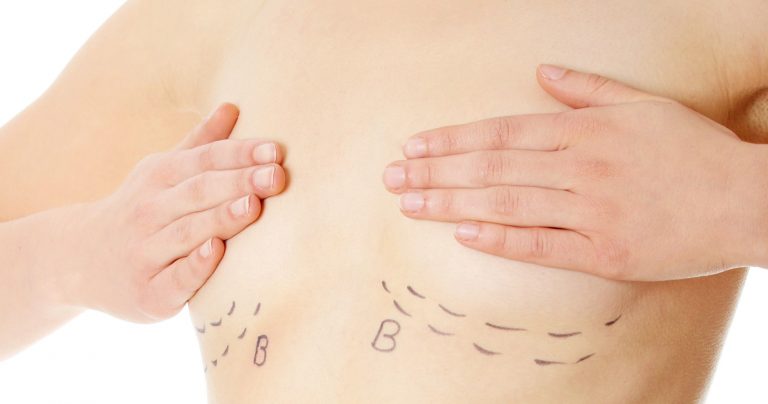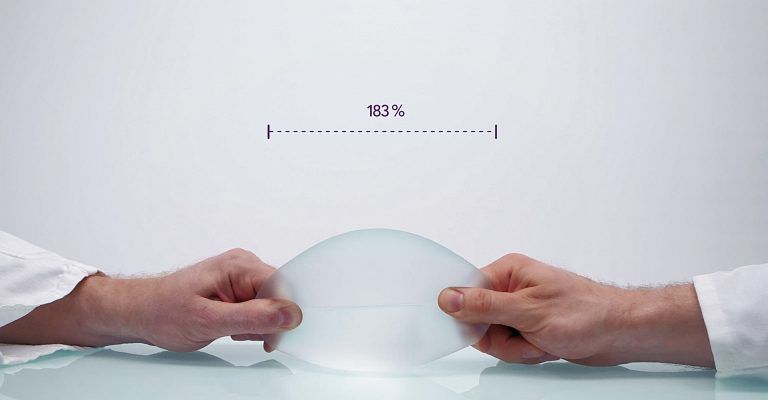Health & Fitness • 05 Jun 2018
The best Diet for achieving your ideal pre-operative Weight and maintaining it after the Procedure
Before carrying out any body contouring procedure, such as liposuction, tummy tuck or a lift of any kind (e.g. facelift, breast lift, thigh lift), it is highly advisable to try to achieve an ideal homeostatic weight, i.e. a weight that is healthy and can be maintained in the long term. The reason for this is that an increased body mass index (BMI) can result in increased intra- and post-operative complications. Furthermore, continuous weight fluctuations will jeopardize the results of the contouring procedures, due to the palindromic expansion and contraction of the skin envelope associated with weight gain/loss. Here, it is important to note that none of the procedures mentioned above are supposed to aid weight loss, but rather contour the body around the ideal weight.
Dieting has been hotly debated in the past 20 years. Our fascination with following the latest fashion, movie or social media trend has us constantly chasing the one diet that will keep us…slim! It is therefore a little ironic that we seem to have forgotten what a good diet is actually meant for: to keep us healthy. This becomes a more urgent statement, when considering the behaviour of younger people, who sometimes as willing to put their health at risk for merely looking like their beloved magazine figure.
Having witnessed a true commercialisation of dieting, with prominent diet plans coming into trend and going out of it constantly, we are left to wonder where does the truth with regards to good nutrition actually lie. Among the various dieting plans that have gained popularity in the media over the years, such as the Atkins diet, the Paleo diet or the Dukan diet, just to name a few, one can detect a consistent approach: an over-emphasis on one particular nutrient, let that be protein, fat or carbohydrates, while completely abstaining from the rest. Such diets are by nature extreme, and while they can in the short-term result in significant weight loss, their results are not sustainable. The reason lies in the fact that these diets are not truly healthy nutrition plans. Instead, they resemble forceful food rationing regimes, with which one can certainly expect to lose weight through nutrient and calorie deprivation.
“There are certain rules that can be followed
to ensure the best nutritional intake”
Which is then the best diet for staying fit and healthy, and reaching a stable weight? The answer is actually quite simple: a diet that is balanced in nutrients, while it ensures the provision of adequate anti-oxidant and anti-inflammatory elements. This diet is no other than a plant-based diet. Fruits and vegetables are key sources of vitamins, minerals and fibre. However, instead of following an extremist diet such as a vegan diet, fish and meat could be consumed in moderate amounts, since they provide useful protein, vitamin B12 and iron. In my opinion, there are certain rules that can be followed to ensure the best nutritional intake, while minimizing risk from non-healthy sources: 1) daily consumption of plenty of fresh fruit and vegetable, 2) little or no consumption of dairy products (evidence is mounting that these are pro-inflammatory and even carcinogenic), 3) moderate consumption of meat and fish, while avoiding processed sources, 4) little or no consumption of processed foods high in refined sugars, and 5) little or no consumption of fatty foods, such as fried or oily foods, including eggs (evidence is mounting that eggs are carcinogenic). An important aspect of this strategy, is that it places less emphasis on the amount of calories consumed, and more emphasis on the quality of the calories. If one were to consistently adhere to this plan, it quickly becomes evident that caloric restriction is unnecessary, since the high quality of the nutritional intake ensures that every calorie consumed is not an empty calorie. Importantly, this dietary plan can be followed sustainably in the long term. I therefore advise all my patients undergoing body contouring procedures to adopt this diet, in order to reach their target homeostatic weight before the operation, and maintain it afterwards.











